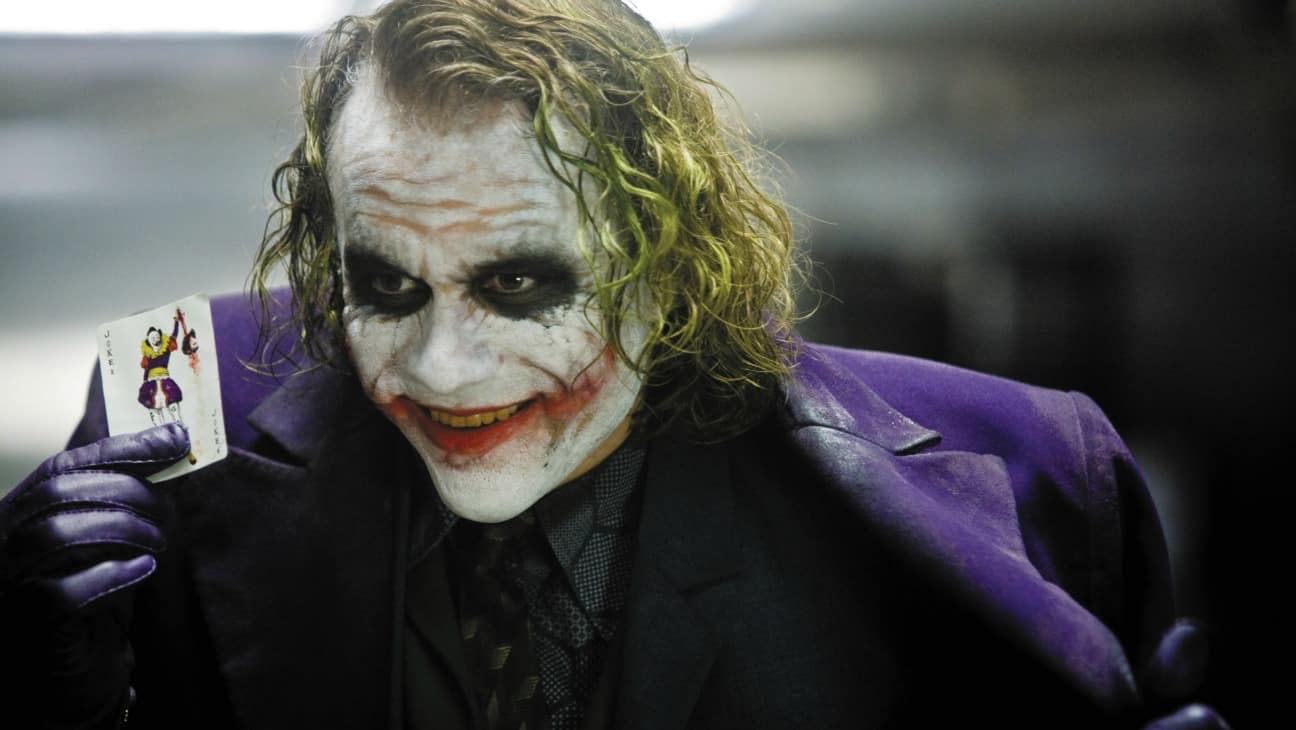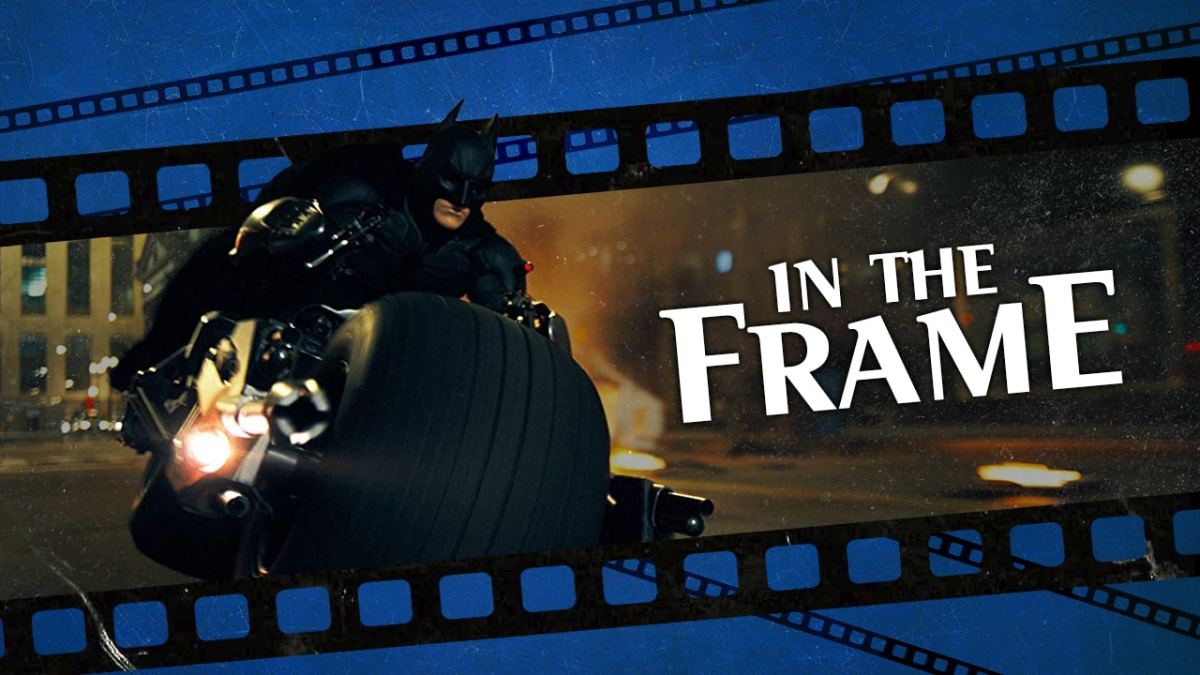It is no overstatement to suggest that The Dark Knight changed cinema, but it also changed the Oscars.
The impact of The Dark Knight on blockbuster cinema is well-documented. To pick one small – but telling – example, the film popularized the trope of the villain-who-wants-to-get-captured-in-the-second-act-so-they-can-have-a-tête-à-tête-with-the-hero, which became a staple of early 2010s blockbusters like Skyfall or Star Trek Into Darkness.
The film was a massive success on release. It garnered rave reviews. It smashed box office records. It even managed to pick up some nominations in the annual awards circuit, such as the Directors’ Guild Awards and the Producers’ Guild Awards. There was some speculation that it might actually pick up Best Picture and Best Director nominations at the subsequent Academy Awards.
This prospect of Oscar glory was only enhanced by the fact that the awards field was seen as being relatively weak. There were four movies guaranteed space on the ballot: Slumdog Millionaire, The Curious Case of Benjamin Button, Milk, and Frost/Nixon. The fifth slot was all to play for, with The Dark Knight positioned as the favorite to take it. (There was also a small contingent pulling for Wall-E.)
As such, it was a surprise when the fifth nominee was announced as The Reader, a schmaltzy Holocaust drama about how a concentration camp guard named Hanna (Kate Winslet) was not morally responsible for her actions because she couldn’t read. The Reader had garnered lukewarm reviews (and controversy) but had the advantage of Harvey Weinstein’s awards season campaign machine.

The nomination of The Reader over The Dark Knight haunted the Oscars. The Dark Knight received a verse in Hugh Jackman’s opening number, while his musing on the actual nominee was consigned to, “I haven’t seen The Reader. I was going to see it later, but I fell behind. My Batmobile took longer than I thought to design. I even went down to the theater, but there was a line — all the people watching Iron Man a second time.”
The ratings for the ceremony were disastrous, something that many pundits attributed to the lack of a big-ticket nominee like The Dark Knight. Given that viewership often correlated with the box office of the Best Picture nominees, this was a solid argument. Even logically, it makes sense that viewers have a hard time investing in an awards ceremony when they have watched none of the major nominees.
The Academy reacted swiftly and dramatically. A little over four months after the ceremony, the Oscars announced plans to expand the Best Picture field to include 10 nominees for the first time since 1943. The rule became known as “the Dark Knight rule.” Explaining the rules change, AMPAS President Sid Ganis confessed, “I would not be telling you the truth if I said the words Dark Knight did not come up.”
Of course, this was just the most dramatic change. In the wake of the controversy, the Academy has radically shaken up its membership, recruiting younger and more diverse members in greater numbers to make its notoriously old, white, and male voting base more dynamic. It even mooted the possibility of suspending voting rights from older and less active members, although this was quickly shut down.

The years since The Dark Knight have been rough for the Academy. The Academy quickly changed the Best Picture field to include a maximum of 10 nominees rather than a set number. There were whispers of a return to the old five-nominee system. There was an argument that the five Best Director nominees were the “real” Best Picture nominees, given the historic overlap between the categories.
However, against all odds, it seems like these changes have managed to reshape the Academy. This is perhaps most obvious in the way that the Best Director and Best Picture categories have diverged. During the 67 years that there were five Best Picture nominees, only one film won Best Picture without a Best Director nomination. In the decade since the changes, two have.
These changes have also created a much more interesting awards slate. The nine Best Picture nominees this year offer an eclectic mix of films that reflect the breadth and wealth of cinematic experience in 2019. The nominees offer a rich sampling of what cinema looks like for modern audiences, not reflecting one single taste so much as a diverse array of perspectives.
Streaming service offerings like The Irishman and Marriage Story place alongside nostalgic throwbacks like Once Upon a Time… in Hollywood and Ford v. Ferrari. A quirky indie like JoJo Rabbit makes a fine companion to a feminist reimagining of a literary classic like Little Women. Crowd-pleasing traditional Hollywood spectacle like 1917 competes against low-budget South Korean cinema like Parasite.

More than that, one can see the shadow of Christopher Nolan across many of this year’s major nominees. The time-warping of 1917 recalls that of Dunkirk. Greta Gerwig bends time and memory in her adaption of Little Women, recalling Nolan’s similar approach in films like Memento. Gerwig even ends her film on an ambiguous “believe what you want” conclusion that evokes Inception.
However, the greatest legacy of The Dark Knight at the Oscars might be the twin Best Picture nominations of Black Panther last year and Joker this year. Both are blockbuster superhero movies with huge cultural footprints. The genre has long been ignored and overlooked by the Academy, but the rule changes and demographic shifts made their nominations possible – if not inevitable.
Last year, Black Panther earned a Best Picture nomination, although Ryan Coogler did not receive a Best Director nomination. The film performed well in the technical categories, but it was largely locked out of the major races. This year, Joker managed a more substantial breakthrough. It was the film with the most nominations, including Best Director and Best Actor. It is the favorite to win the latter category.
These nominations and victories would have been unimaginable even a decade ago, and they speak to the extent to which the Academy Awards have shifted and changed in the years since The Reader snuck into the Best Picture race. The Dark Knight may have been ignored and overlooked in the Best Picture nominations in its year of release, but it has an Oscar legacy that few winners could ever hope to match.





